Is Gender Pay Equality Becoming a Reality in Cricket Boards?
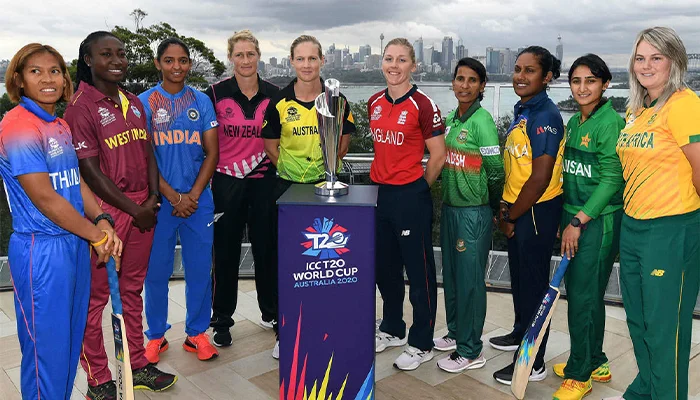
(ICC Women’s T20 World Cup 2020 captains)
In the cricket world, where new records are made and old ones are shattered, where new rivalries are also made, one aspect is being explored: gender pay equality. If we have a look at the history of cricket, it has been a male-dominated sport, just like the others. Due to this reason, they have been paid higher and given more recognition among the fans as compared to the female sportspersons. However, a few cricket boards have challenged this norm by providing equal pay to both men and women cricketers. This has not just provided fair wages to them; it has also given recognition to their talent, dedication and skills, regardless of their gender. This move has helped people to know that cricket is not just a game for men but a sport where both men and women excel for their countries with the help of their talent, skills and dedication.
1. Board of Control for Cricket in India (BCCI)
The Board of Control for Cricket in India, popularly known as BCCI, is among the few cricket boards that have made equal pay for both men and women in cricket. This announcement was made by the board secretary, Jay Shah, on 27 October 2022. Since then, both male and female cricketers have been given equal wages in the International matches where they represent the country. This statement was released by the Board Secretary through a tweet on X (formerly Twitter), saying,
“I’m pleased to announce @BCCI’s first step towards tackling discrimination. We are implementing a pay equity policy for our contracted @BCCIWomen cricketers. The match fee for both Men and Women Cricketers will be the same as we move into a new era of gender equality in 🇮🇳 Cricket.”
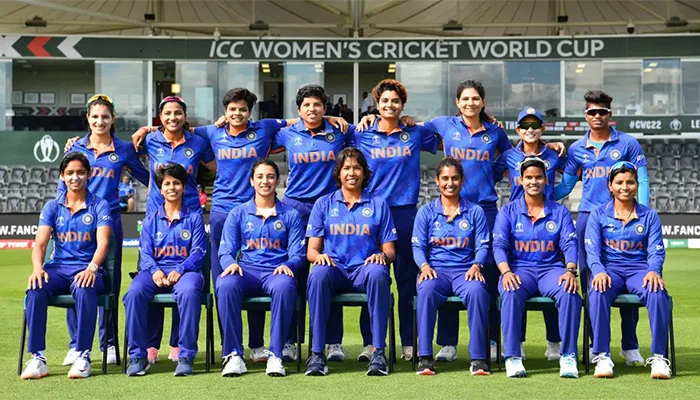
(India Women’s team at ICC Women’s World Cup)
Therefore, the Indian Women's team is being paid equal to that of the Men's team across the international formats. Providing more information to this statement, Jay Shah said that the female cricketers will also receive the same match fees as received by the male cricketers. The Indian Women's cricket team has made it as the runners-up of the Women's World Cup two times and three times in the playoffs. But they have been dominant in the ACC Women's Asia Cup, winning 7 out of 8 Asia Cup editions and finishing as the runners-up in the remaining one.
2. Cricket South Africa
The Cricket South Africa (CSA) or South Africa Cricket Board is another reputed cricket board that has made equal pay for both men and women cricketers in the central contracts. This move was followed by an announcement made by the BCCI, making South Africa Cricket Board among the few ones that have provided equal wages to the men and women cricketers representing the country. This announcement was made towards the end of August 2023, as the domestic cricket for female cricketers was also announced by the cricket board a few months prior to this announcement.
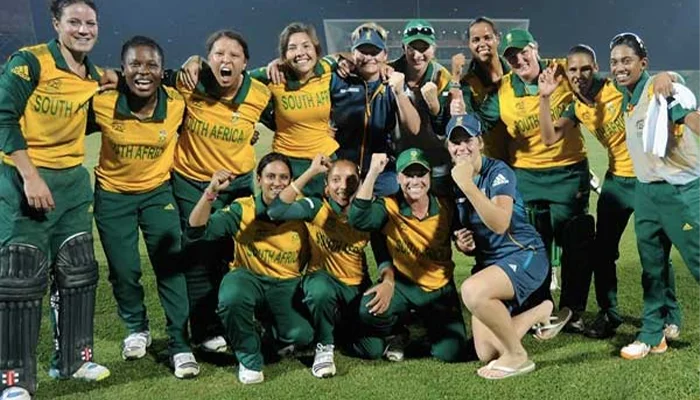
(South Africa Women’s cricket team at their home ground)
According to various reports, the South Africa cricket team is among the lowest paid International cricket teams, but this move by the Cricket South Africa has acted as a motivation for several female cricketers in the country. The South Africa Sports Minister said that
“What we are celebrating today is not about monetary value but about leadership and political will. In the first week of our appointment, we met with the top five federations in the country, and we stressed this point. You seem to be the only federation that understood what we said. How I wish others are listening as we speak now."
The team finished at the second spot in the ICC Women's T20 World Cup 2023, which allowed Cricket South Africa to take this bold move.
3. England and Wales Cricket Board
The England and Wales Cricket Board also joined the list of cricket boards, providing the same pay to the men and women cricketers representing the country. This decision was made official by the Cricket board on 30 August 2023, after the England Women's cricket team performed well against the Australia Women's team. The great move by the England Cricket Board has given rise to the confidence levels among the Women's cricketers, and England is having various domestic tournaments.
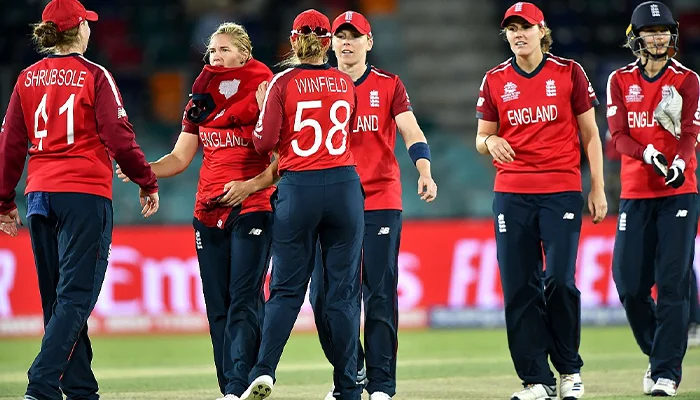
(England Women’s team after winning against Pakistan Women’s team)
The England Women's cricket team has shown impressive performances across the ICC Women's tournaments, which has favoured them to break the barrier of gender pay gap. They have been the ICC Women's World Cup champions in the years 1973, 1993, 2009, and 2017, while being the runners-up four times in the years 1978, 1982, 1988, and 2022. In the ICC Women's T20 World Cup, the England Women's team held just one title, which they won in the year 2009, while they were the runners-up in 2012, 2014, and 2018, respectively. This team has been the second most dominant team in the ICC rankings, after Australia Women's team.
4. New Zealand Cricket Board
The New Zealand Cricket Board was among the first few cricket boards which officially announced that it would be providing equal pay to the Women and Men cricketers who will be representing the country. Since 1st August 2022, the Women cricketers from the New Zealand cricket team have been paid the same wages as that of the Men's cricket team. This has also grown the interest of the female cricketers to show their skills and dedication to the game and perform for their country.
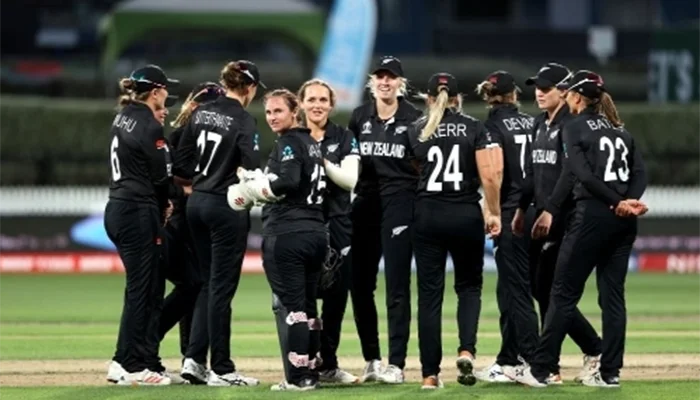
(New Zealand Women’s cricket team)
The captain of the team, Sophie Devine, said that,
“It’s great for the international and domestic women players to be recognised in the same agreement, alongside the men. It’s a massive step forward and will be a huge drawcard for young women and girls.”
The New Zealand cricket team captain at that time, Kane Williamson, also appreciated this decision, saying
“It’s really important for the current players to build on the legacy of those who have gone before us, and to support tomorrow’s players, both men and women, at all levels. This agreement goes a long way towards achieving that.”

Comments
Sign up or log in to your account to leave comments and reactions
0 Comments